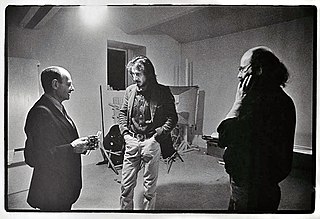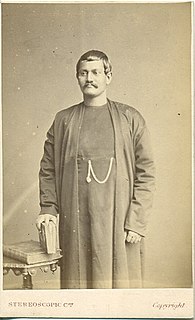A Quote by Jonathan Swift
The two noblest of things, which are sweetness and light.
Related Quotes
The Greek word euphuia, a finely tempered nature, gives exactly the notion of perfection as culture brings us to perceive it; a harmonious perfection, a perfection in which the characters of beauty and intelligence are both present, which unites "the two noblest of things" - as Swift most happily calls them in his Battle of the Books, "the two noblest of things, sweetness and light."
For the rest, whatever we have got has been by infinite labor, and search, and ranging through every corner of nature; the difference is that instead of dirt and poison, we have rather chosen to fill our hives with honey and wax, thus furnishing mankind with the two noblest of things, which are sweetness and light.
Culture looks beyond machinery, culture hates hatred; culture has one great passion--the passion for sweetness and light. It has one even yet greater, the passion for making them all prevail. It is not satisfied till we all come to a perfect man; it knows that the sweetness and light of the few must be imperfect until the raw and unkindly masses of humanity are touched with sweetness and light.
The contrast between the two, the sweetness and the badness, wrenches the heart of the lover as such sweetness on its own would not, and the lover shudders all the more at dread of the beloved's recklessness, for the sake of the sweetness that is there, and the shudder only makes more violent the shuddering that announces love.
Greek architecture taught me that the column is where the light is not, and the space between is where the light is. It is a matter of no-light, light, no-light, light. A column and a column brings light between them. To make a column which grows out of the wall and which makes its own rhythm of no-light, light, no-light, light: that is the marvel of the artist.
I share with many people the feeling that there is a sweetness and constancy to light that falls into a studio from the north sky that sets it beyond any other illumination. It is a light of such penetrating clarity that even a simple object lying by chance in such a light takes on an inner glow, almost a voluptuousness.
For when God said, "Let there be light, and there was light," if we are justified in understanding in this light the creation of the angels, then certainly they were created partakers of the eternal light which is the unchangeable Wisdom of God, by which all things were made, and whom we call the only-begotten Son of God.
The truths which are represented in England and Western countries generally, are those which refer to force of character, earnestness of purpose, conscientious strictness, noble charity, practical duty, whilst the truths which I find peculiarly developed in India - developed to a greater extent than anywhere else, - and in the Eastern countries generally, are those which have reference to sweetness of communion, sweetness of temper, meekness and resignation unto God.



































